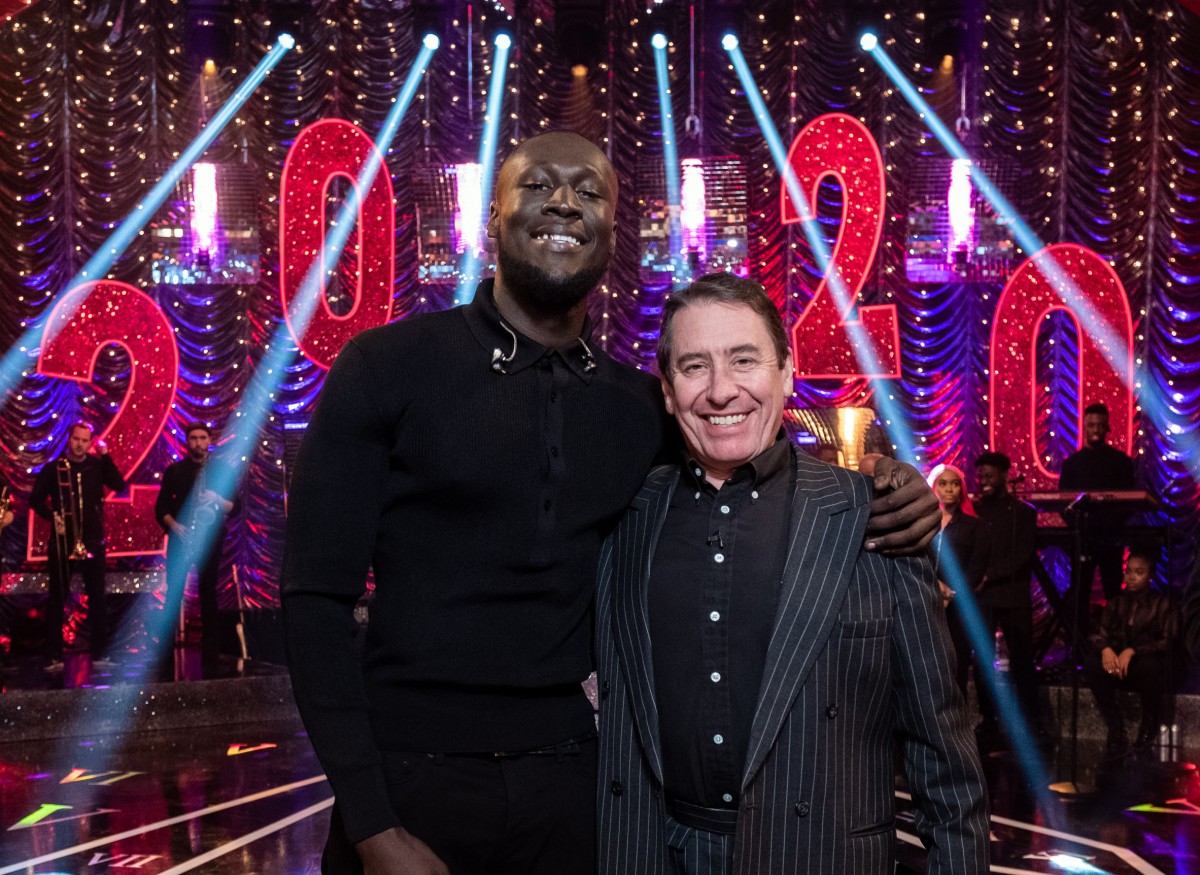A brand-new thriller is coming to BBC starring Suranne Jones and Martin Compston
Written and created by Tom Edge (The Crown), Vigil is produced by World Productions, the producers behind Line Of Duty and Bodyguard.
Written and created by Tom Edge (The Crown), Vigil is produced by World Productions, the producers behind Line Of Duty and Bodyguard.
The documentary will be presented by Stephen Fry and is produced in partnership with Warner Bros. and The Natural History Museum.
The history of the magical creatures will be explored and the connections they have with the animals on earth today.
Viewers will be taken from the hidden corridors of the Natural History Museum to the frozen steppes of Siberia and secret caves of Madagascar.
The parallels between creatures in the real world and those from mythology and literature will be uncovered, through captivating stories and fascinating science.
Whatever your view of the result, it was a wretched and dispiriting election campaign. Politicians seldom broke away from churning out the same sound bites, and on social media there was a level of viciousness that was unbearable.
It’s therefore not exactly a surprise that the mainstream media, pressured by parties and harried by online trolls, had a rough ride in the 2019 general election, too. It is difficult, as the proverb goes, to make a silk purse out of a sow’s ear.
The second series finale sees Villanelle (Jodie Comer) and Eve (Sandra Oh) go on the run together after Carolyn’s (Fiona Shaw) betrayal. However, when Eve discovers that Villanelle had a gun on her and could have prevented Eve from killing Raymond, she decides to walk away.
The shock final scenes sees assassin Villanelle shoot Eve and leave her for dead in Rome.

Jools Holland’s quintessential musical celebration returns this New Year with his Rhythm and Blues Orchestra.

Dreams of a white Christmas may be over for this year but there’s still a chance to delve into snowy terrains through the screen in new nature documentary Snow Animals.
That was the main takeaway from an RTS question and answer session following an exclusive screening of the final episode of season one.
All five panellists emphasised how working as a team was fundamental to the show, described by one reviewer as “a riveting realisation” of Pullman’s world.
“We did a lot of talking. It’s not me alone at my desk but a lot of people working together,” explained Jack Thorne who wrote the script for His Dark Materials.
From the much-awaited return to Barry Island with Gavin and Stacey, to the spine-tingling new adaptation of Dracula, viewers won’t be short of choice for TV over the holidays.

In just 20 years, Russell T Davies has left an indelible mark on British television. From Queer as Folk, via Doctor Who, to this year’s dystopian chiller Years and Years, Davies has written unforgettable drama. His work – like the writer in person – is opinionated and loud, but also warm and human.
Richard Smith has been the BBC’s sustainability manager for 10 years. He was previously an on-screen reporter for BBC regional news programmes, including Midlands Today. As home affairs correspondent for BBC South East, he reported on drugs, asylum seekers and homelessness, and won an RTS award.
Based at MediaCity UK in Salford, Smith heads a team working to raise awareness of environmental issues within the television industry and reduce the carbon footprint of programme production.